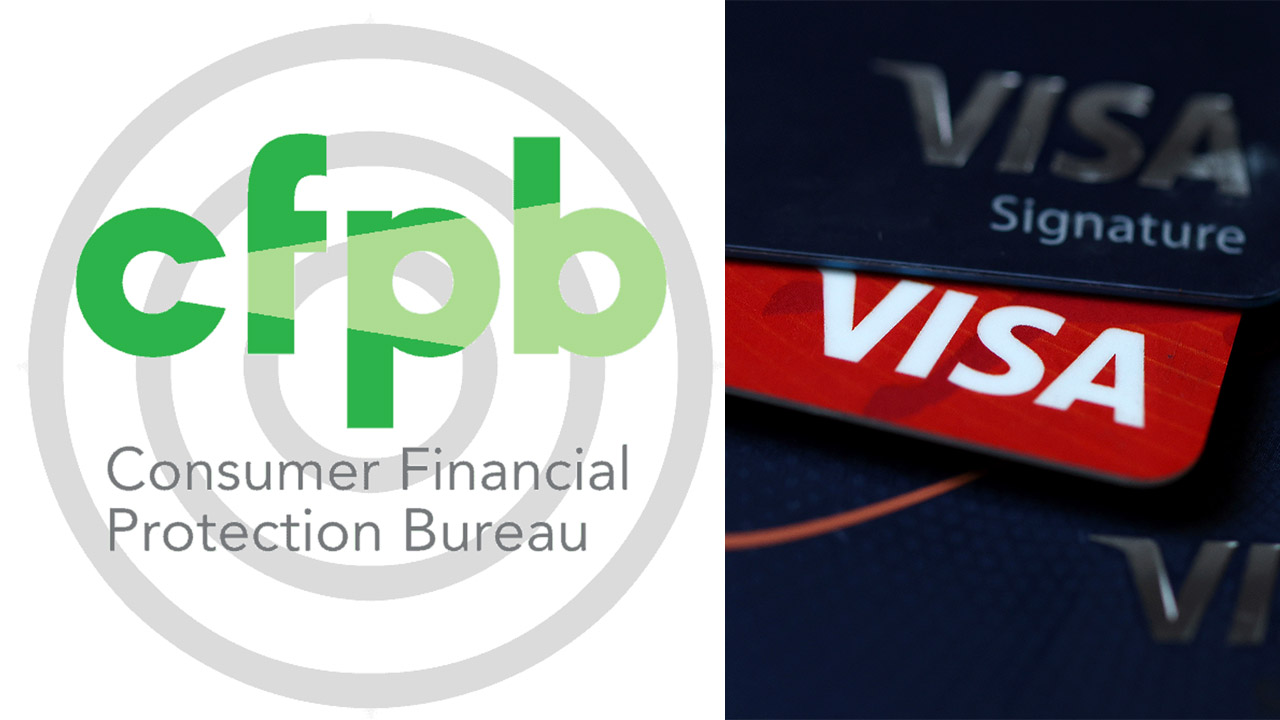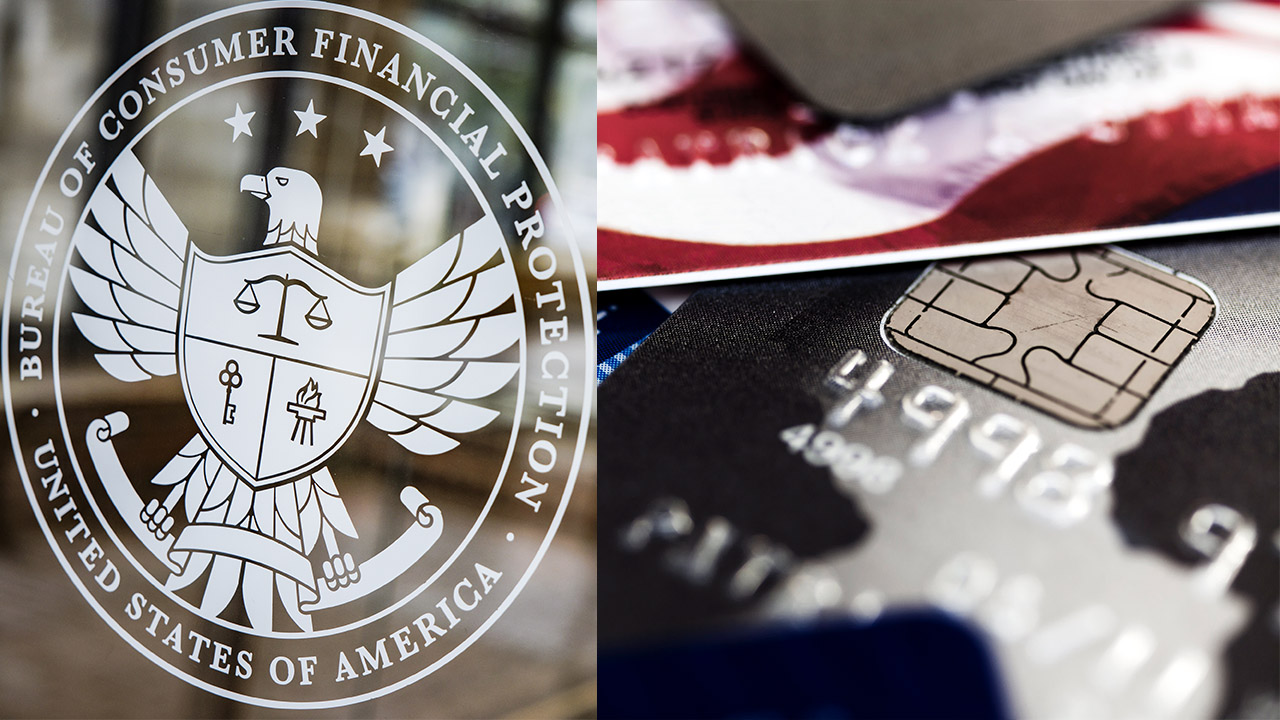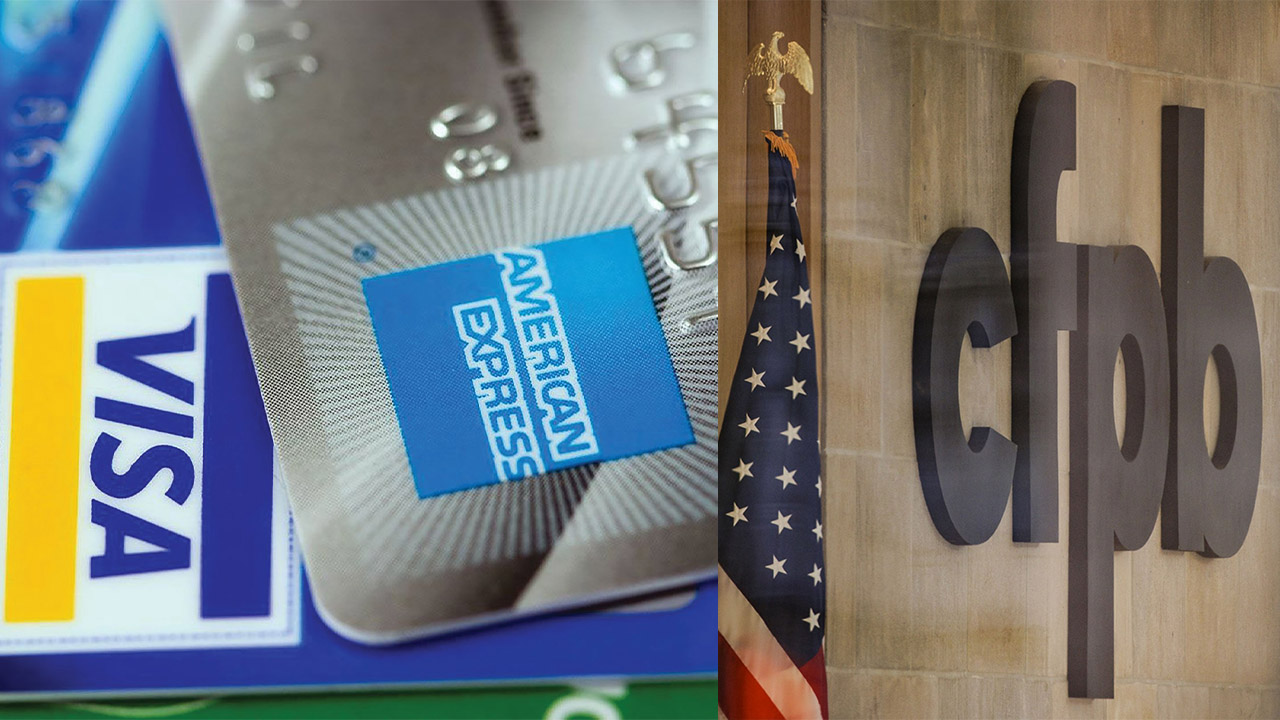The implementation of a Consumer Financial Protection Bureau (CFPB) regulation aimed at saving Americans billions of dollars in credit card late fees is facing a final effort to delay its enforcement.
In March, the card industry, spearheaded by the U.S. Chamber of Commerce, filed a lawsuit against the CFPB in federal court to halt the implementation of the new rule.
After weeks of legal maneuvering between venues in Texas and Washington, D.C., this effort is now approaching a critical juncture: a judge in the Northern District of Texas is anticipated to announce by Friday evening whether the court will grant the industry’s request for a suspension.
This potential freeze could delay the regulation, which intends to reduce the maximum late fees most banks can charge to $8 per incident, just days before its scheduled enactment on Tuesday.
“We should receive clarification soon regarding the implementation of the rule,” remarked Tobin Marcus, lead policy analyst at Wolfe Research.

This credit card regulation is a component of President Joe Biden’s broader initiative to combat what he perceives as excessive fees.
Major card issuers have steadily increased late fees since 2010, profiting from users with low credit scores who accrue an average of $138 in fees annually per card, according to CFPB Director Rohit Chopra.
As anticipated, the industry has launched a concerted effort to block the regulations, arguing they are a misguided attempt that redistribute costs to responsible bill payers, potentially leading to more delinquencies among users.
At stake is the estimated $10 billion in annual fees that the CFPB believes the rule would save American families by reducing late penalties from the typical $32 per incident to $8.
Card issuers like Capital One and Synchrony have discussed strategies to offset the anticipated revenue loss resulting from the rule. These strategies may include raising interest rates, introducing new fees such as paper statement charges, or adjusting lending criteria.
Capital One CEO Richard Fairbank stated last month that if the CFPB rule is implemented, it would affect the bank’s revenue for “a couple of years” as they implement “mitigating actions” to compensate for the loss.
“Some of these mitigating actions have already been put into effect and are ongoing,” Fairbank informed analysts during the company’s first-quarter earnings call. “We are planning additional actions once we have more clarity on the litigation outcome.”

Looking ahead, Wolfe Research’s Marcus and others believe the Chamber of Commerce is likely to succeed in delaying the rule, either through the Northern District of Texas or the 5th Circuit Court of Appeals.
If granted, a preliminary injunction could suspend the rule until the legal dispute is resolved, potentially through a protracted trial.
Marcus noted that the industry group, comprising trade associations such as the American Bankers Association and the Consumer Bankers Association, chose Texas for its lawsuit due to its reputation as a favorable venue for corporations.
“I would be very surprised if [Texas Judge Mark T.] Pittman denies that injunction on the merits,” Marcus remarked. “In one way or another, I expect implementation to be halted before the rule’s intended effective date.”
The CFPB declined to comment, and the Chamber of Commerce did not immediately respond to requests for comment.







Leave a Reply